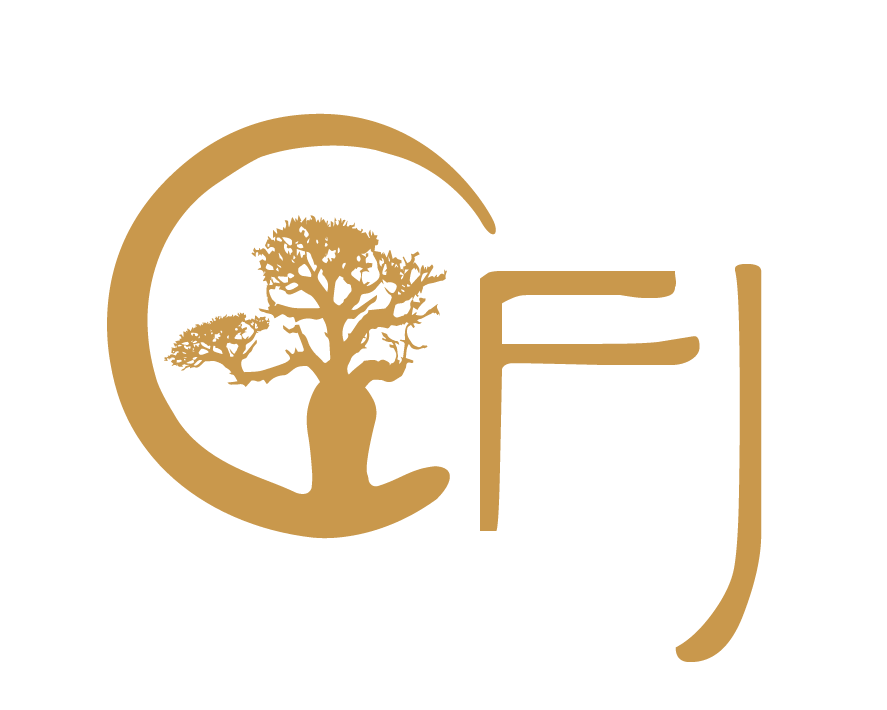Caring for Ourselves
As I continue with the telling my mother’s and my memoir and in particular examining our history of working when we were ill, sometimes seriously so.
My mother got breast cancer and continued to work while having chemo-therapy, to the extent that she had meetings around her bed many a time. There she is working while so sick, making her mark at the cost of her wellbeing. When work is one’s identity and thinking no one else can pick up what needs to be done. Are we truly indispensable? What did my mother and what did I sacrifice by working so much and when sick?
I would continue to work even with the worst of migraines, stomach upsets, diarrhoea and when I fractured my foot in two places. I thought I had just sprained it and continued to walk on it for two days, until it became so swollen, and a colleague mentioned how terribly swollen it looked, that I went to the doctor and then only got the x-ray results at 7.30 pm that night, as I had to finish seeing clients first. I got crutches from the chemist next door and they gave me ones that were too big for me and in the early hours of the next morning I fell and fractured my wrist and arm, resulting in two plates with pins going through to hold the wrist together as the bones were so shattered and in such tiny pieces.
I now seriously question the costs of continuing to work when ill. I encourage people to take better and more care of themselves. Not to make ourselves into martyrs. Questioning why we, I needed to be so fiercely independent, really being anti-dependent. Where we can almost be dying and we still get up from our sick beds and continue to work, do things for ourselves and don’t ask for help. That is what being anti-dependent is, not asking for assistance when it is really needed. Continuing to do alone. Seeing asking for assistance as being weak, perhaps as a child always having taken care of oneself and others, not having had anyone to ask for help. The adults not being aware, taken up with their own issues, not being emotionally nor physically there, available.
Could it also be our inner critic that says don’t be needy, don’t be soft, what will people think. Does it really matter what others think of us, especially when it places us in harm, difficulty, over stretching, over compensating.
Carers, mothers and others have to learn how to ask for help, encouraged to do so. Not see this as being needy, lacking and incapable.
My mother had a need for love, she always had. Maybe some of her political activity and challenges gave her an identity, meaning, a way to fight her losses. It also gave her a way to create community. A moral goodness is expressed within our social responsibilities, our inter-connectedness, is that what my mother and I have been doing? Yet not at the cost of our health and wellbeing. My mother was left with a fatal wound in her breast. I have been left with exhaustion and injuries that affect my daily life. Now to reclaim each of our own spaces, our right and need to be part of a community and a responsibility to ourselves to ask for help and be part of the connectedness to life.
